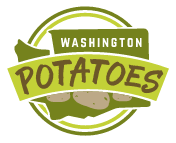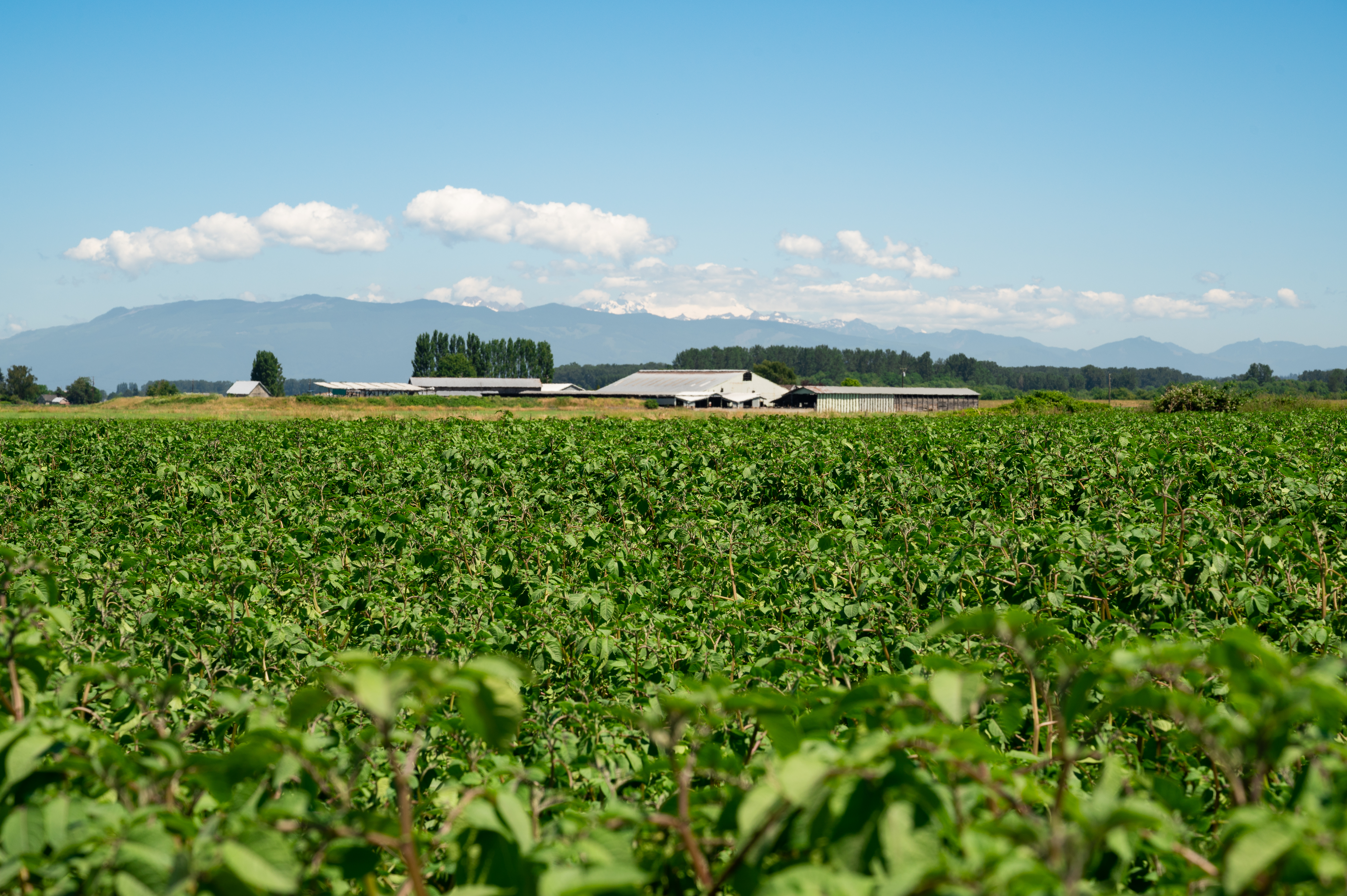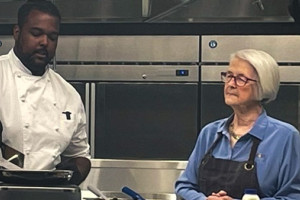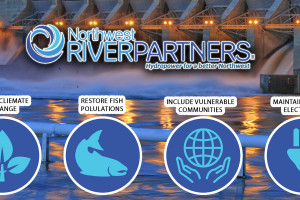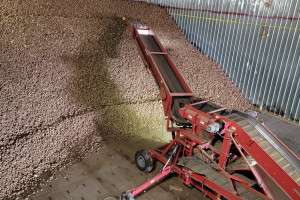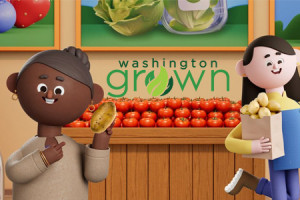No Seed Potatoes, No Food
LYNDEN, Washington February 9, 2023 – Farmers love to work the land. It’s less about profits than it is about the passion to produce healthy food for the community.
That is the stance of Scott Bedlington, a third-generation farmer in Western Washington. He’s concerned there is too much government overreach and not enough outreach.
“These bills are getting proposed by people who don’t think the way I think,” Bedlington said. “We’re not here to sell the land. We’re not here to hurt fish. If I was looking to collect compensation for my land, I’d sell it right now.”
The government is changing the conservation landscape and the nexus between salmon and working lands.
"Farmers continue to support buffers and voluntary conservation measures, but they have to be reasonable and not take away our land needed for farming," Bedlington said. While his family have participated in voluntary programs in the past, the loss of valuable farmland creates challenges for farming too.
“Twenty to thirty years ago, there was more ground available for us to rent for crop rotation. Crop rotation is a critical function in the seed potato crop we produce. We are at a critical point on that now,” Bedlington said. “Because we can’t rent ground anymore, we have to manage every acre available on our farm for food production.”
Bedlington is one of only three seed potato growers left in Western Washington. Locally grown seed stocks are produced almost exclusively in Western Washington where good soil, lowland fields, and temperate climate help effectively and efficiently grow seed potatoes. Northwest Washington has the only seed potato isolation in the state, meaning commercial potatoes cannot be produced here. Without this, our state would not have viable seed production farms.
When Bedlington has been approached about returning part of his land to a conservation easement of some kind, he has an opinion rooted firmly in the needs of his family and the need to feed people.
“I’ve said, ‘Go find me 500 acres somewhere else in the county’s isolation district to replace the 500 acres you’re taking from me so I can continue farming,’” Bedlington said. “The answer I get is, ‘Well, that’s not feasible.’” Bedlington says it’s also not feasible for his farm to continue operating with less land to utilize.
For Bedlington, the bottom line is simple: if he can’t farm, he has no choice but to sell his land for commercial or residential development.
His family farm existed before the current city boundaries in Lynden, meaning some of the land Bedlington farms is situated “in town.” Not an ideal circumstance but with no more farmland coming available, there are no trades to be made or deals to be struck.
“There is a huge separation between producers and the government,” Bedlington said. “I’m 45 years old. I’ve got a great business, everything is good. But every day I’m scared to death. Am I going to be sued by Ecology? Minimum wage/overtime rules? Increases in production cost from fuel taxes and transportation. Who is going to come after us next is putting a lot of fear in young farmers.”
Bedlington said the disconnect is a combination of not liking the insular communities that are established around long-term family farming operations and a misunderstanding about current regulations that keep farm operations from being detrimental for the environment.
“Farmers are taking the heat for the fish decline, yet the biggest loss of salmon habitat is due to urban development, not farming. Since we are smaller than cities and counties, we shoulder an unfair portion of the blame,” Bedlington said. “It’s almost like nobody wants you here. They think their food is going to come from somewhere else. If you remove all land from agriculture, you have nowhere else to go.”
